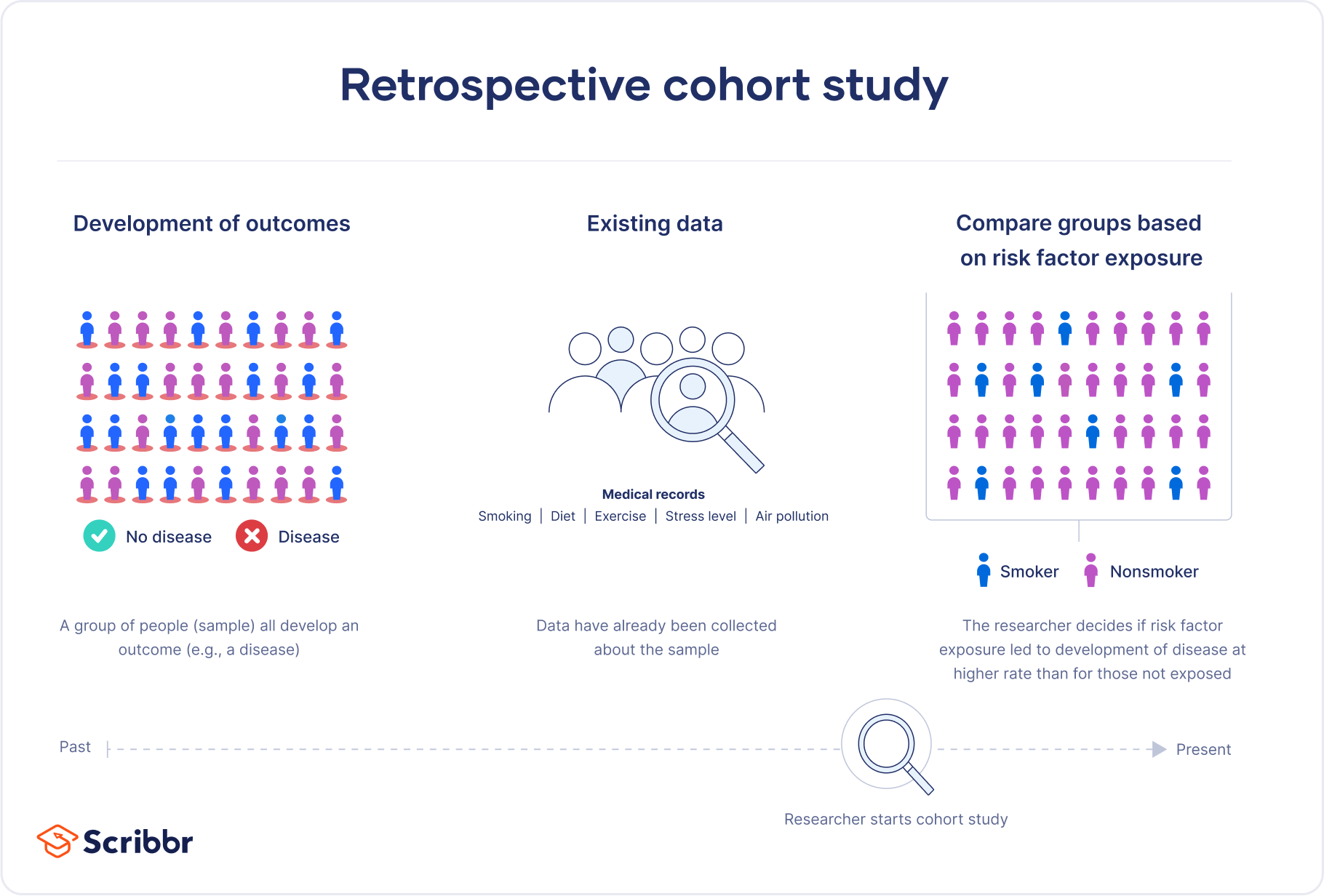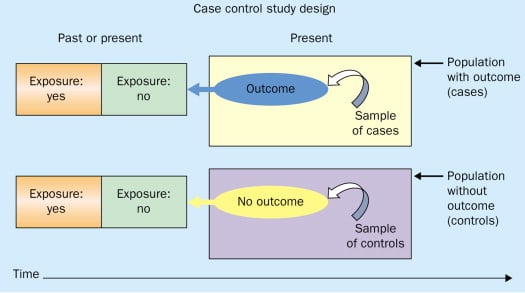Which Study Design Maximizes Detection Of Rare Outcomes?
Study Design For Rare Exposure
Keywords searched by users: Which study design is best for rare outcomes which study design is best for rare diseases, are cohort studies good for rare diseases, Cross sectional study and case control difference, Case control studies, Experimental study, Retrospective cohort study vs Case Control, Study design in research, best study design for incidence
What Study Design Is The Best For Researching Rare Conditions?
When researching rare conditions, selecting the most appropriate study design is crucial for obtaining meaningful insights. In such cases, a case-control study emerges as a valuable tool. This study design is particularly effective for investigating risk factors associated with rare diseases, especially when other types of research studies are not logistically or ethically feasible. On March 27, 2023, this methodology was utilized to explore these elusive conditions in greater depth.
Which Study Design Is The Method Of Choice For Rare Health Outcomes?
What is the most suitable research approach for investigating infrequent health conditions? Case-control studies, which involve a retrospective comparison of different groups, are commonly employed for this purpose. These studies aim to uncover potential factors that could influence the outcome of interest and are particularly valuable when examining rare diseases or uncommon health outcomes. Typically, case-control studies are utilized to formulate initial hypotheses, which can subsequently be explored further through prospective cohort studies or other research methodologies. (Reference: Author, Year)
Summary 13 Which study design is best for rare outcomes






Categories: Details 95 Which Study Design Is Best For Rare Outcomes
See more here: tfvp.org

Case-control studies are well suited to investigate rare outcomes or outcomes with a long latency period because subjects are selected from the outset by their outcome status.A case-control study is a good tool for exploring risk factors for rare diseases or when other study types are not feasible.Case controlled studies compare groups retrospectively. They seek to identify possible predictors of outcome and are useful for studying rare diseases or outcomes. They are often used to generate hypotheses that can then be studied via prospective cohort or other studies.
Learn more about the topic Which study design is best for rare outcomes.
- Observational Studies: Cohort and Case-Control Studies – NCBI
- Case Control Studies – StatPearls – NCBI Bookshelf
- cohort, cross sectional, and case-control studies
- Which Study Design Is Best? – sph.bu.edu
- Overview: Cross-Sectional Studies – PMC – NCBI
- Cohort study: What are they, examples, and types – Medical News Today
See more: https://tfvp.org/category/science blog